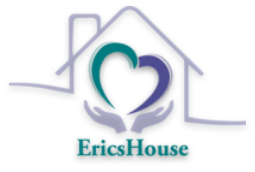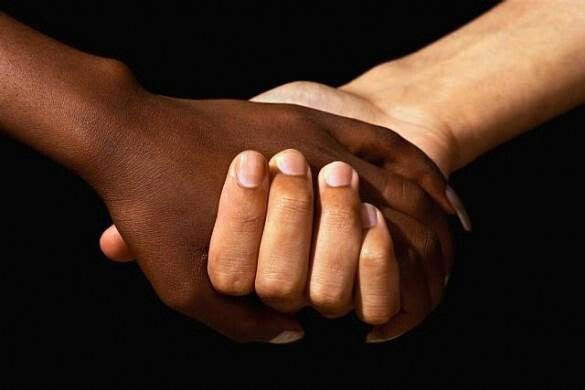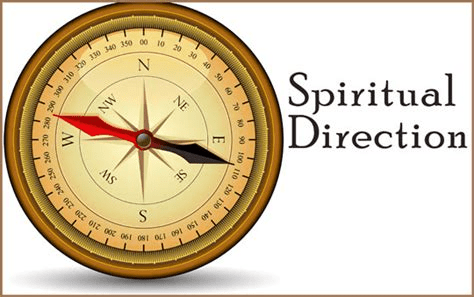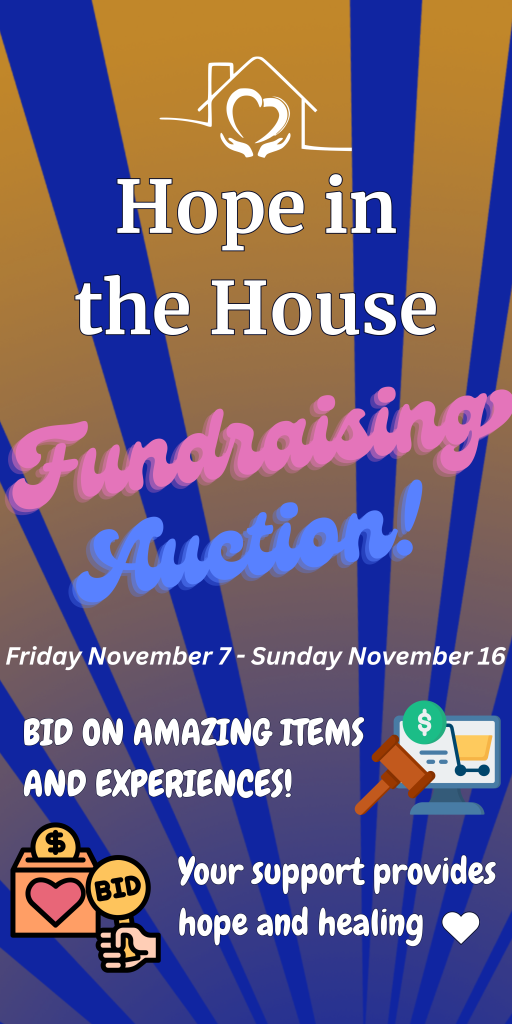EricsHouse Life-changing Grief Processing
Nothing quite prepares us for the heartache of profound loss. Grief is not a problem to be fixed but rather, it is a normal reaction to loss. When someone we love dies, it may feel as if everything we once knew as true has changed. When we experience a loss that is unexpected – such as suicide and addiction losses – our grief is complicated. We often experience regret, anger, extreme sorrow, confusion and chaos, guilt, and sometimes relief. Society today also stigmatizes these losses. Rather than just learning to “cope” and “move on”, our goal is to help you look at ways to grow from the loss.
Our team of talented professionals will help you understand your grief using mind, body, and spiritual approaches so that you learn how to integrate your loss in a healthy way as we help you find ways to honor yourself and your loved one in a safe and supportive environment.
Grief Companioning
One-on-one support with a trained specialist who will help you navigate your grief journey.
The companioning model of grief care was developed by Dr. Alan Wolfelt, of the Center for Loss and Life Transition. It is not a medical treatment model of assessing, analyzing, fixing or resolving, but about providing a safe space where you are free to share your feelings in response to profound loss. It is anchored in respecting and exploring uniqueness of your pain while allowing you to share your grief and how it impacts your world.
Our grief companions are certified by Dr. Wolfelt, Founder of the Center for Loss in Ft. Collins, CO. They are trained to:
- Be present to your pain and to honor your spirit and your loved one’s spirit.
- Sit in sacred silence while listening with the heart.
- Be an active participant in your healing process.
- Listen to your story as we make sense of the loss.
- Help you shift from a relationship of physical presence, to one of memory.
- Honor their loss while re-engaging in life again.
Spiritual Direction
Non-denominational support for those wanting to explore the spiritual dimension of their loss.
Often, survivors of traumatic loss face crises in their faith and have many questions about their relationship with their Higher Power, their spiritual community, or their belief structure.
Some find themselves angry with God while others may develop a stronger relationship with God. In today’s world, spiritual direction is becoming an important part of our life journey.
Our non-denominational spiritual directors will help you understand how you relate to God, how God is or is not present in your life and will explore with you the spiritually based struggles that you face.
Our spiritual directors are trained to be able to give direction to people from any denomination or religious background and all faiths or no faith.
All are welcome!
Health Coaching
For help with the physical effects of traumatic grief on the body.
Grief can have a severe impact on your body. Your heart aches, memories cause grief bursts, you feel like you are in a constant state of confusion.
A memory comes up that triggers you and you feel chills up and down your spine. Some nights, your mind races and you can barely sleep. You experience extreme fatigue and can barely face the day. You can’t seem to shake your headaches, you feel dizzy, and just want to stay in bed.
Our health coaches work with you to understand and develop solutions to inflammation, your immune system, your sleep and anxiety challenges, and your stress.
Reiki
An alternative approach to relieve the stress and anxiety that comes with grief.
Reiki has been researched and documented to reduce anxiety, reduce physical pain, and improve sleep. It is an accepted form of complementary medicine in over 800 hospitals in the United States.
Reiki helps the body move into the parasympathetic nervous system which is difficult for a person in grief to achieve due to anxiety and stress. When in the parasympathetic nervous system, the body is able to appropriately manage and lessen the dominating intensity of emotions without medication or side effects.
Reiki is administered by a certified practitioner. The client remains fully clothed while lying on a table or sitting in a chair. The practitioner will lightly touch the client at the known energy centers of the body activating and channeling universal healing energy. This then opens and balances the energy system of the client’s body. Clients often report feelings of tremendous relaxation, tingling heat, and peaceful visions.
Reiki can also be administered without touch and even at a great distance without any detriment to its effectiveness. EricsHouse Members who are touch-avoidant may still be very comfortable in a Reiki session.






